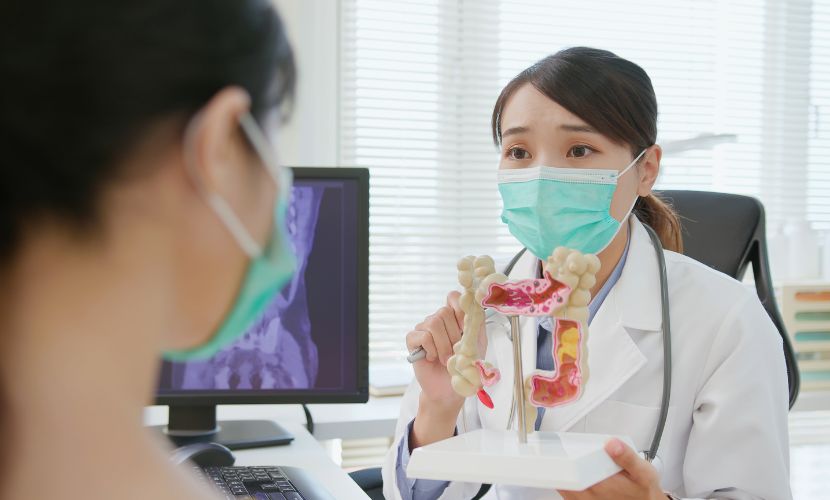
A neurodevelopmental disorder affecting people of all ages, attention deficit hyperactivity disorder (ADHD) is typified by symptoms like impulsivity, hyperactivity, and inattention. Even though ADHD can cause problems in many areas of life, medication is frequently an essential part of treatment. However, optimizing treatment is crucial if you want to fully benefit from ADHD medication. We examine methods for optimizing the advantages of ADHD medication in this thorough guide, including lifestyle changes, supplemental therapies, and dosage optimization.
I. Recognizing ADHD
Prior to exploring treatment optimization, it’s critical to grasp the fundamentals of ADHD. ADHD is a complex disorder that impacts cognitive functions such as attention, executive function, and impulse control. Each person may experience it differently, and symptoms might range from minor to severe. Research indicates that a mix of genetic, environmental, and neurological factors may have a role in the development of ADHD, even if the precise origin of the disorder is still unknown.
II. The Function of Drugs in the Management of ADHD
One of the main treatments for ADHD is medication, which is frequently combined with behavioral therapy and educational initiatives. The way ADHD drugs function is by focusing on the brain’s neurotransmitter systems, which are involved in impulse control, focus, and attention. Medication can assist people in improving daily functioning and behavior regulation by modifying these neurotransmitters.
III. Methods to Optimize the Benefits of ADHD Medication
There are several ways to optimize the advantages of ADHD medication:
a. Dosage Optimization:
To achieve the best possible symptom control, it is essential to determine the appropriate dosage of ADHD medication. This frequently entails titrating—beginning at a low dose and progressively raising it until the intended therapeutic effect is attained. Throughout the course of the titration process, it is imperative to regularly monitor symptoms and side effects.
b. Lifestyle Modifications:
Certain lifestyle modifications can complement ADHD medication and enhance its effectiveness. These may include:
Establishing a consistent daily routine
Creating a structured environment with clear expectations and routines
Prioritizing tasks and breaking them down into manageable steps
Incorporating regular exercise and physical activity into daily routine
Ensuring adequate sleep hygiene practices
c. Behavioral Therapy:
Behavioral therapy can be an effective complement to medication in managing ADHD symptoms. Cognitive-behavioral therapy (CBT) techniques can help individuals develop coping strategies, improve organizational skills, and enhance impulse control.
d. Complementary Therapies:
Some individuals may benefit from complementary therapies such as mindfulness meditation, yoga, or biofeedback. These techniques can help promote relaxation, reduce stress, and improve attentional control.
IV. Addressing Co-occurring Conditions
Many individuals with ADHD have co-occurring conditions such as anxiety, depression, or learning disabilities. Addressing these co-occurring conditions is essential for optimizing ADHD treatment outcomes. In some cases, treating co-occurring conditions may involve additional medications or therapeutic interventions.
V. Tracking and Modifying Therapy
Regular monitoring of symptoms and treatment response is crucial for optimizing ADHD medication benefits. Healthcare providers should conduct regular follow-up appointments to assess symptom severity, medication efficacy, and any potential side effects. Based on this ongoing assessment, treatment may need to be adjusted, including changes in dosage, medication type, or additional therapeutic interventions.
VI. Collaborative Approach to Treatment
Optimizing ADHD treatment requires a collaborative approach involving healthcare providers, educators, therapists, and families. The best treatment strategy for each patient is determined through open communication and collaborative decision-making. Regular follow-up appointments and ongoing monitoring of symptoms ensure that treatment remains tailored to the individual’s evolving needs.
7. Concluding Remarks
Maximizing the benefits of ADHD medication requires a comprehensive approach that includes dosage optimization, lifestyle modifications, and complementary therapies. By addressing co-occurring conditions and regularly monitoring treatment response, individuals with ADHD can optimize their treatment outcomes and improve their quality of life. Through collaboration with healthcare professionals and a personalized treatment approach, individuals with ADHD can achieve their full potential and thrive in their daily lives.




















